 W
WPeter Henry George Aczel is a British mathematician, logician and Emeritus joint Professor in the Department of Computer Science and the School of Mathematics at the University of Manchester. He is known for his work in non-well-founded set theory, constructive set theory, and Frege structures.
 W
WSir Alfred Jules "Freddie" Ayer, usually cited as A. J. Ayer, was an English philosopher known for his promotion of logical positivism, particularly in his books Language, Truth, and Logic (1936) and The Problem of Knowledge (1956).
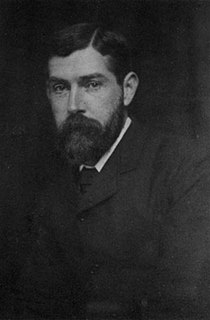 W
WFrancis Herbert Bradley was a British idealist philosopher. His most important work was Appearance and Reality (1893).
 W
WS. Barry Cooper was an English mathematician and computability theorist. He was a professor of Pure Mathematics at the University of Leeds.
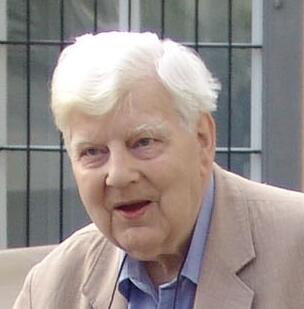 W
WSir Michael Anthony Eardley Dummett (1925–2011) was an English academic described as "among the most significant British philosophers of the last century and a leading campaigner for racial tolerance and equality." He was, until 1992, Wykeham Professor of Logic at the University of Oxford. He wrote on the history of analytic philosophy, notably as an interpreter of Frege, and made original contributions particularly in the philosophies of mathematics, logic, language and metaphysics. He was known for his work on truth and meaning and their implications to debates between realism and anti-realism, a term he helped to popularize. He devised the Quota Borda system of proportional voting, based on the Borda count. In mathematical logic, he developed an intermediate logic, already studied by Kurt Gödel: the Gödel–Dummett logic.
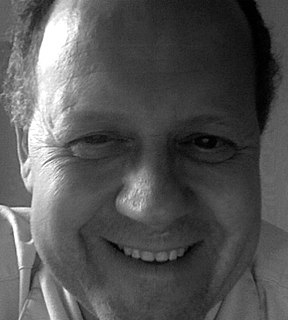 W
WMichael Paul Fourman FBCS FRSE is Professor of Computer Systems at the University of Edinburgh in Scotland, UK, and was Head of the School of Informatics from 2001–2009.
 W
WAnthony Clifford Grayling is a British philosopher and author. He was born in Northern Rhodesia and spent most of his childhood there and in Nyasaland. In 2011 he founded and became the first Master of New College of the Humanities, an independent undergraduate college in London. Until June 2011, he was Professor of Philosophy at Birkbeck, University of London, where he taught from 1991. He is also a supernumerary fellow of St Anne's College, Oxford where he formerly taught.
 W
WPeter Michael Stephan Hacker is a British philosopher. His principal expertise is in the philosophy of mind, philosophy of language, and philosophical anthropology. He is known for his detailed exegesis and interpretation of the philosophy of Ludwig Wittgenstein, his critique of cognitive neuroscience, and for his comprehensive studies of human nature.
 W
WWilfrid Augustine Hodges, FBA is a British mathematician, known for his work in model theory.
 W
WTed Honderich is a Canadian-born British professor of philosophy, who was Grote Professor Emeritus of the Philosophy of Mind and Logic, University College London.
 W
WWilliam Ernest Johnson, usually cited as W. E. Johnson, was a British philosopher, logician and economic theorist. He is mainly remembered for his 3 volume Logic which introduced the concept of exchangeability.
 W
WRobert Anthony Kowalski is a logician and computer scientist, whose research is concerned with developing both human-oriented models of computing and computational models of human thinking. He has spent most of his career in the United Kingdom.
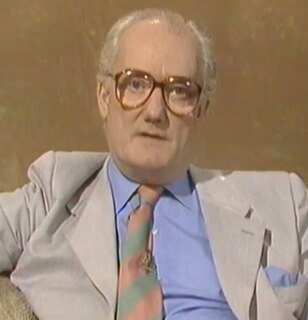 W
WBryan Edgar Magee was a British philosopher, broadcaster, politician and author, best known for bringing philosophy to a popular audience.
 W
WEbrahim (Abe) H. Mamdani was a mathematician, computer scientist, electrical engineer and artificial intelligence researcher. He worked at the Imperial College London.
 W
WJohn Stuart Mill, usually cited as J. S. Mill, was an English philosopher, political economist, and civil servant. One of the most influential thinkers in the history of classical liberalism, he contributed widely to social theory, political theory, and political economy. Dubbed "the most influential English-speaking philosopher of the nineteenth century", he conceived of liberty as justifying the freedom of the individual in opposition to unlimited state and social control.
 W
WGeorge Edward Moore, usually cited as G. E. Moore, was an English philosopher. He was, with Bertrand Russell, Ludwig Wittgenstein, and Gottlob Frege, one of the founders of analytic philosophy. Along with Russell, he led the turn away from idealism in British philosophy, and became well known for his advocacy of common sense concepts, his contributions to ethics, epistemology, and metaphysics, and "his exceptional personality and moral character".
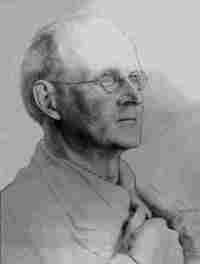 W
WCharles Kay Ogden was an English linguist, philosopher, and writer. Described as a polymath but also an eccentric and outsider, he took part in many ventures related to literature, politics, the arts and philosophy, having a broad effect particularly as an editor, translator, and activist on behalf of a reformed version of the English language. He is typically defined as a linguistic psychologist, and is now mostly remembered as the inventor and propagator of Basic English.
 W
WJeffrey Bruce "Jeff" Paris, FBA is a British mathematician and Professor of Logic in the School of Mathematics at the University of Manchester.
 W
WMichael Polanyi was a Hungarian-British polymath, who made important theoretical contributions to physical chemistry, economics, and philosophy. He argued that positivism supplies a false account of knowing, which if taken seriously undermines humanity's highest achievements.
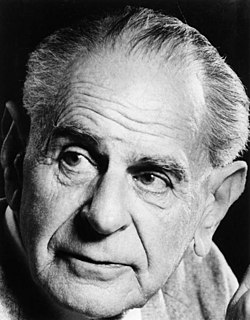 W
WSir Karl Raimund Popper was an Austrian-British philosopher, academic and social commentator.
Frank Plumpton Ramsey was a British philosopher, mathematician, and economist who made major contributions to all three fields before his death at the age of 26. He was a close friend of Ludwig Wittgenstein and was instrumental in translating Wittgenstein's Tractatus Logico-Philosophicus into English, as well as persuading Wittgenstein to return to philosophy and Cambridge. Like Wittgenstein, he was a member of the Cambridge Apostles, the secret intellectual society, from 1921.
 W
WBertrand Arthur William Russell, 3rd Earl Russell was a British polymath, philosopher, logician, mathematician, historian, writer, social critic, political activist, and Nobel laureate. Throughout his life, Russell considered himself a liberal, a socialist and a pacifist, although he sometimes suggested that his sceptical nature had led him to feel that he had "never been any of these things, in any profound sense". Russell was born in Monmouthshire into one of the most prominent aristocratic families in the United Kingdom.
 W
WFerdinand Canning Scott Schiller, usually cited as F. C. S. Schiller, was a German-British philosopher. Born in Altona, Holstein, Schiller studied at the University of Oxford, later was a professor there, after being invited back after a brief time at Cornell University. Later in his life he taught at the University of Southern California. In his lifetime he was well known as a philosopher; after his death his work was largely forgotten.
 W
WSir Peter Frederick Strawson, usually cited as P. F. Strawson, was an English philosopher. He was the Waynflete Professor of Metaphysical Philosophy at the University of Oxford from 1968 to 1987. Before that, he was appointed as a college lecturer at University College, Oxford, in 1947, and became a tutorial fellow the following year, until 1968. On his retirement in 1987, he returned to the college and continued working there until shortly before his death. His portrait was painted by the artists Muli Tang and Daphne Todd.
 W
WVictoria, Lady Welby, more correctly Lady Welby-Gregory, was a self-educated English philosopher of language, musician and watercolour artist.
 W
WLudwig Josef Johann Wittgenstein was an Austrian-British philosopher who worked primarily in logic, the philosophy of mathematics, the philosophy of mind, and the philosophy of language.
 W
WJohn Worrall is a professor of philosophy of science at the London School of Economics. He is also associated with the Centre for Philosophy of Natural and Social Science at the same institution.